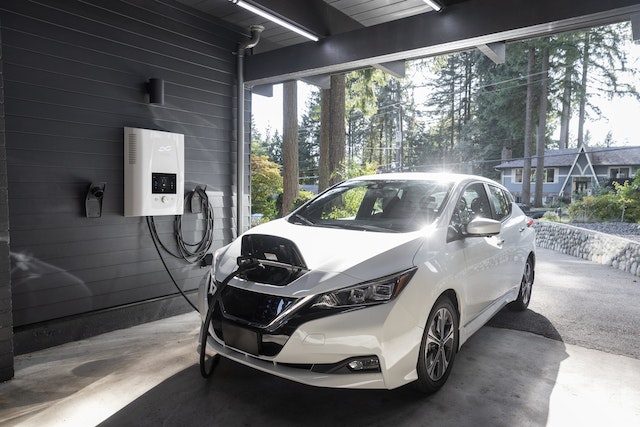Theme:
- Electric vehicles (EVs) have become increasingly popular worldwide as people seek to reduce their carbon footprint and protect the environment. In India, the government has also been promoting the adoption of EVs as a way to reduce the country’s dependence on fossil fuels and curb pollution. Let us examine the progress made in EV adoption in India and the challenges that still need to be overcome.
Current Scenario:
- As per the latest data available with the Ministry of Road Transport and Highways, India has shown a gradual increase in its electric vehicle fleet with a total of 13,92,265 EVs on the roads as of August 3, 2022.
- However, despite government subsidies, the actual sale of electric three-wheelers stands at a meager 15.17%, and for four-wheelers, it is just 10.73% of the numbers of EVs that were supported under FAME scheme.
- The second phase of the FAME scheme, aimed at subsidizing electric vehicles, has only achieved 52% of its target of supporting 1.56 million vehicles. With just one year left for the five-year scheme, the progress is less than satisfactory.
- A parliamentary standing committee on heavy industry has recommended extending the Phase 2 of FAME scheme, stating that supporting only 1.56 million EVs is inadequate for a country like India.

Challenges:
- One of the biggest challenges is the lack of charging infrastructure. EV charging stations are still scarce in many parts of the country, making it difficult for EV owners to find a charging point when they need it.
- The high cost of EVs compared to conventional vehicles is a significant barrier to adoption for many people.
- The range anxiety issue, which is the fear of running out of charge while driving, is still a concern for many potential EV buyers.
- EV technology requires specialized skills and knowledge, which may be lacking in the Indian workforce. The lack of skilled technicians can lead to a shortage of trained personnel to maintain and repair EVs, hindering their widespread adoption.
Way forward:
- The government has allocated Rs. 800 crore to Oil Marketing Companies (OMCs) for setting up 7,432 public fast-charging stations, but this may not be sufficient given the size of the country. According to the estimates of International Energy Agency (IEA), India will need at least 2.6 million public charging stations by 2040 to meet the growing demand for EVs. This means that there is a need for further investment in charging infrastructure, both by the government and private players, to ensure that EVs can become a viable and convenient mode of transportation for all.
- The government can offer more incentives and tax breaks for EVs to reduce their cost. This will encourage more people to consider buying EVs and accelerate the transition to a cleaner mode of transportation.
- The government and private players need to invest in training programs to develop the necessary skills for maintaining and repairing EVs. This will create more job opportunities and help address the shortage of skilled technicians in the country
- The government and private players can take steps to promote the adoption of EVs in India by investing in research and development of EV technology, improving its performance, reducing its cost, and increasing its appeal to consumers. Additionally, launching campaigns to raise awareness about the benefits of EVs and dismiss myths and misconceptions can help encourage more people to adopt them, and pave the way for a cleaner and more sustainable future.
Conclusion:
While the challenges to the widespread adoption of electric vehicles in India are significant, there are clear opportunities to overcome them. The government’s focus on initiatives such as the FAME scheme and setting up public fast-charging stations is a step in the right direction, but more investment in charging infrastructure and research and development is needed. Moreover, increasing awareness about the benefits of electric vehicles is crucial to encourage more people to switch to them. By working together, the government, private sector, and citizens can help accelerate the transition to electric vehicles and create a cleaner, greener, and more sustainable future for India. The time to act is now, and we must seize the opportunity to embrace the electric vehicle revolution.
Your Turn…
What are your thoughts on this topic? Express your point of view through the comment section below. And subscribe to our blog to read answers to the trending GD topics.
Photo by dcbel
Copyright @ Group Discussion Ideas.

